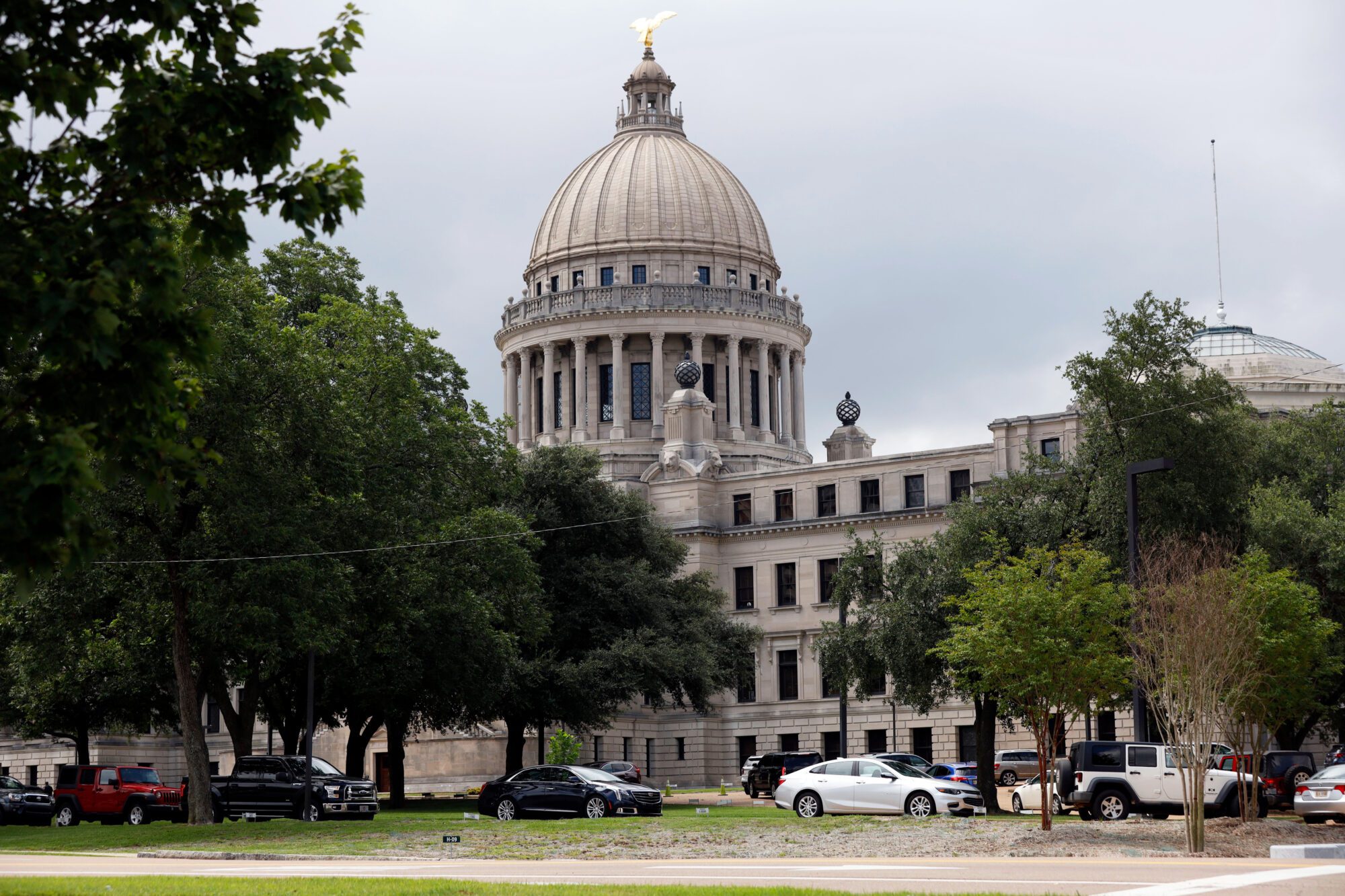RELEASE
Senate Passes Wicker Proposal to Build Bigger Navy
Miss. Senator’s Innovative Measure to Help Navy Find the Cause of Safety Issues With T-45 Training Jets Also Approved
WASHINGTON – The Senate today passed the “Securing the Homeland by Increasing our Power on the Seas (SHIPS) Act” as part of this year’s “National Defense Authorization Act” (NDAA). The proposal written by U.S. Senator Roger Wicker, R-Miss., would make it the policy of the United States to achieve the Navy’s requirement of a 355-ship fleet. Currently, only 276 ships are in the battle fleet. Wicker is Chairman of the Senate Seapower Subcommittee.
“My proposal to make a 355-ship Navy a matter of national policy – a goal shared by President Trump and outlined by the Navy’s force requirements – is very close to becoming law,” Wicker said. “The Senate and the House have sent a clear message to the world: A bigger Navy is critical to our national security and to projecting American power around the globe. I am hopeful we can act quickly to resolve any differences between the House and Senate defense bills and get it to the President’s desk.”
Overall, the defense bill would authorize $640 billion in funding for America’s service members, military installations, and industrial base. The bill includes a $4.8 billion increase for shipbuilding above President Trump’s budget request, gives active-duty military personnel a 2.1 percent pay raise, and does not authorize a new round of base realignment and closures.
Additional provisions added by Wicker to the defense bill that could impact Mississippi include:
Capital Region
Encouraging the Navy to continue developing cutting-edge electronic jammer technology. Jammers prevent enemy air defenses from detecting and shooting down American fighter and bomber planes.
Golden Triangle
Directing the Air Force to study opportunities to increase use of civilian airports to support pilot training, which could inform how Columbus Air Force Base makes cooperative agreements with nearby airports; and
Mandating that the Pentagon reviews its protected vehicle inventory, including Mine-Resistant Ambush Protected vehicles.
Gulf Coast
Funding for an additional Marine Corps amphibious transport ship (LPD-30);
Authorizing multiyear procurement contract authority to allow the Navy to buy up to 15 DDG-51 Flight III Destroyers;
Financing advanced procurement to buy long-lead items for Flight III Destroyers;
Encouraging the Navy to accelerate procurement of 9th Amphibious Assault Ship (LHA-9); and
Requiring the Navy to evaluate expanding its test and training range locations for unmanned maritime systems.
Wicker also added a provision to the defense bill to help military officials identify the cause of recent physiological episodes (PE) experienced by Navy and Marine Corps pilots at NAS Meridian and other training facilities. The plan would authorize the Secretary of Defense to offer a $10 million prize – similar to the XPrize – to incentivize the brightest minds in academia and industry to help find the root cause or causes of PE.
The defense bill also includes a proposal spearheaded by Wicker and Sen. Shelly Moore Capito, R-W.Va., to allow National Guardsmen, Reservists, and their dependents to sign up for TRICARE 90 days prior to deployment and keep TRICARE for 90 days after they return. Currently, Guardsmen and Reservists have no lead time to switch their families to TRICARE and no grace period when they come home.
Another Wicker amendment would require the TRICARE pharmacy contractor to update its prescription drug-pricing standard regularly, something that Medicare Part D sponsors already do. This would result in greater drug price transparency for beneficiaries and community pharmacists, as well as lead to more access to cost-effective generic drugs.
Finally, Wicker and Sen. Tim Kaine, D-Va., were successful in adding their proposal to improve the nation’s cybersecurity workforce pipeline by expanding and enhancing an existing federal scholarship program for students pursuing degrees in cybersecurity fields. The “Cyber Scholarship Opportunities Act” would expand and improve the National Science Foundation’s (NSF) CyberCorps: Scholarship-for-Service program, which provides ROTC-style scholarships to students pursuing degrees in cybersecurity, helps colleges and universities develop cybersecurity programs, and sponsors cyber boot camps for K-12 students to increase cyber literacy among America’s youth.
9/18/17







